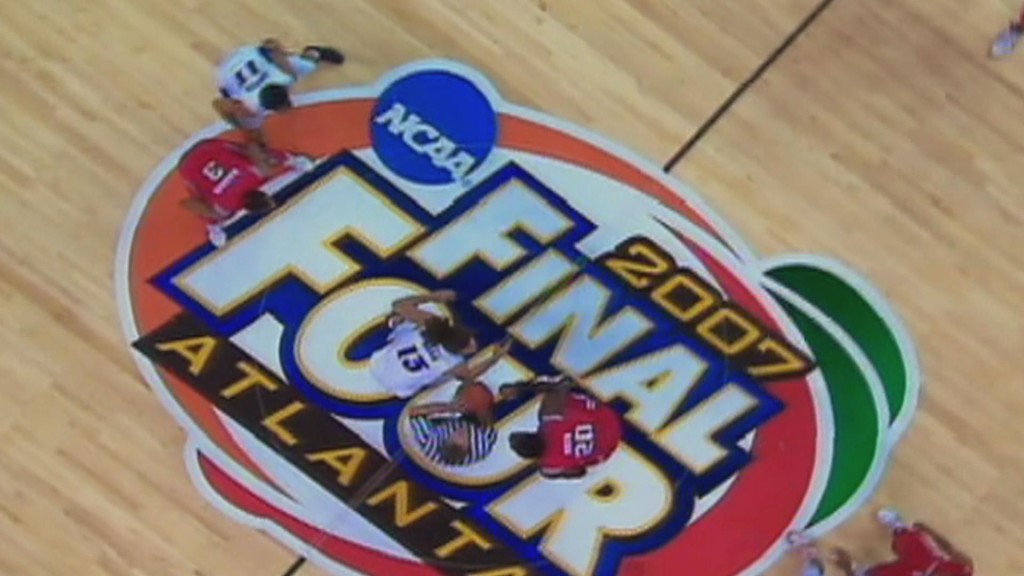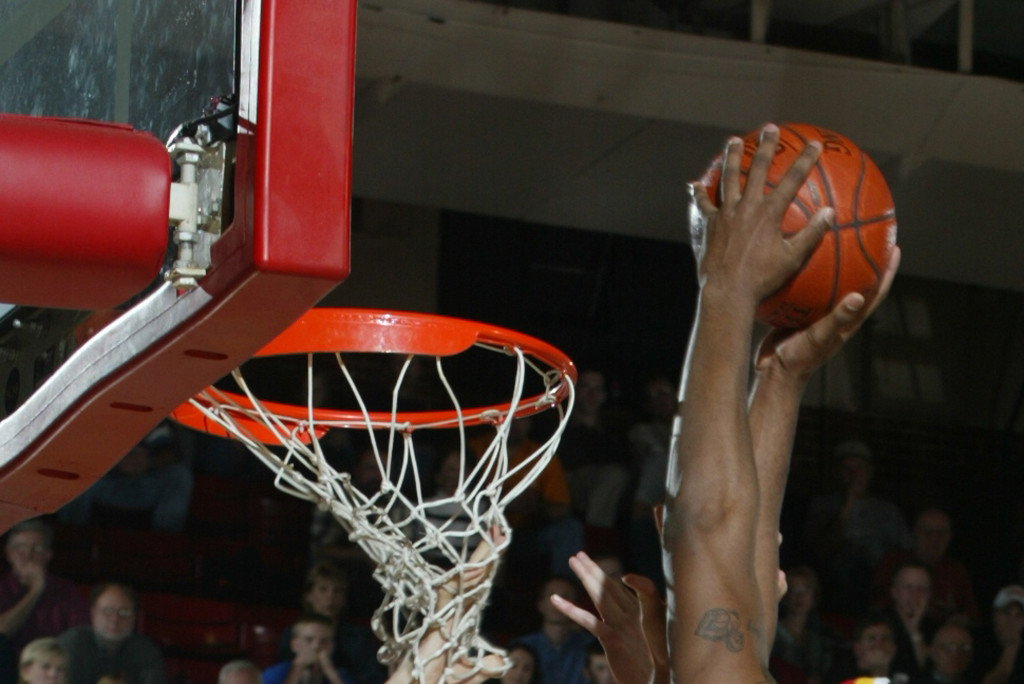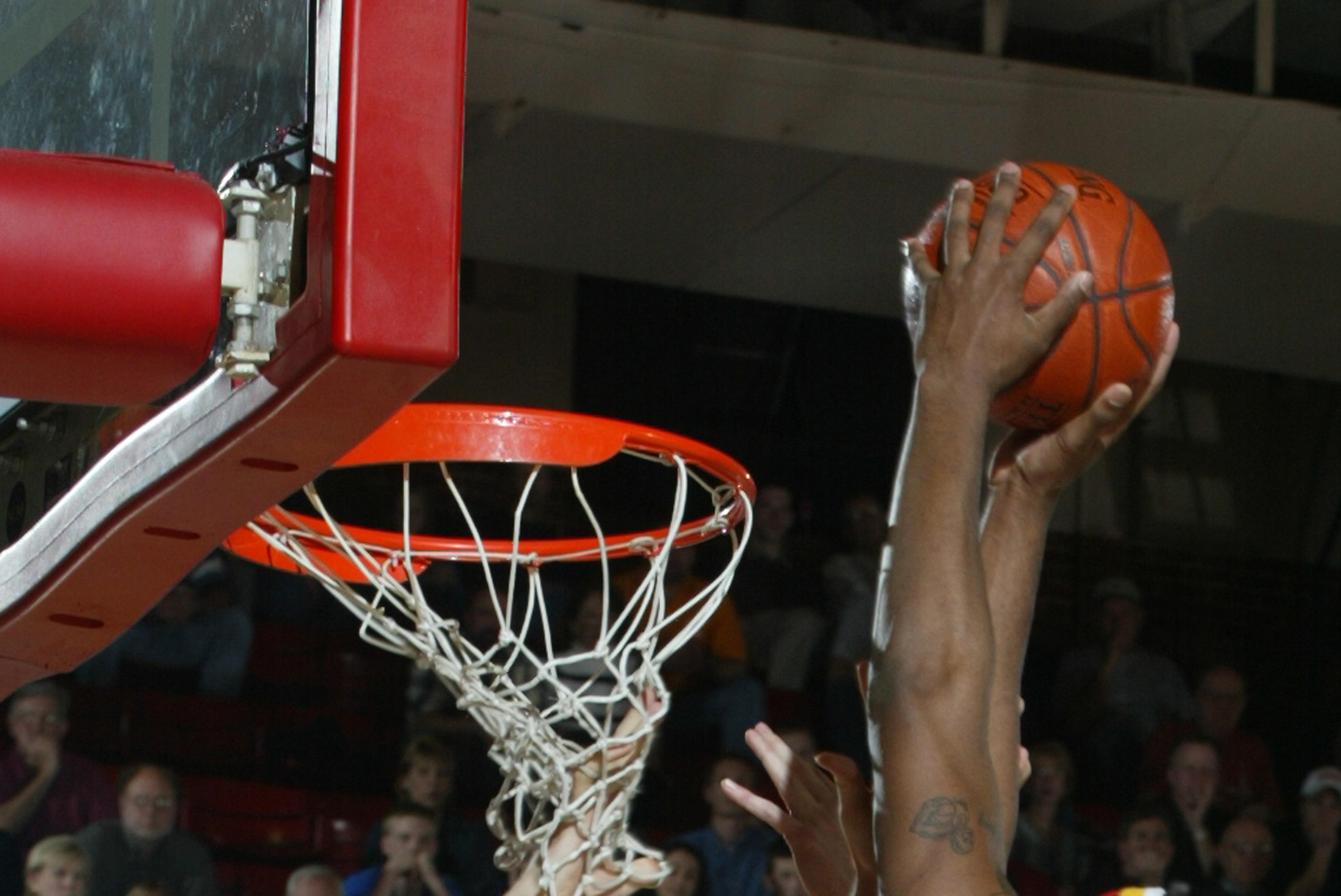NCAA to Consider Reforms, Increases in Scholarship Money

October 25, 2011
Share
This week, the NCAA is holding its much-anticipated Division I Board of Directors meeting to mull over proposed changes to some of its controversial rules — including some related to amateurism question we investigated this past March and that Taylor Branch recently explored in The Atlantic.
The Chronicle of Higher Education reports that the board will consider several tweaks to the rules, including:
+ Increasing the amount of scholarship aid student-athletes receive by as much as $2,000 (typical scholarships fall about $3,000 short of a student’s essential expenses)
+ Allowing for multiyear scholarships, as opposed to the one-year deals student-athletes have been given since 1973 (between 1956 and ’73, student-athletes were given four-year scholarships)
+ Offering slightly fewer scholarships for big-time football and men’s and women’s basketball
Earlier this week, NCAA President Mark Emmert spoke to the Knight Commission about the upcoming meeting, highlighting his desire for stronger academic requirements for teams competing in football bowl games and the NCAA basketball tournament.
These potential changes, which are likely to be voted on later this week, come at the same time top NCAA men’s basketball and football players are pushing the league to provide financial support above and beyond $2,000. A petition signed by about 300 student-athletes calls for the NCAA to set aside some money from multimillion-dollar TV deals for their living expenses while attending school — and for some extra funds when they graduate. (The NCAA recently sold March Madness broadcast rights to CBS and Turner Broadcasting for $10.8 billion over 14 years.)
While the changes the NCAA is considering are significant, they’re not to the level the petitioners are demanding — and they’re nowhere near the $100,000-plus the National College Players Association says top athletes are worth. But it’s also unlikely Mark Emmert will budge on that issue: He has steadfastly said that he’s open to minor scholarship tweaks, but that he’s “adamantly opposed to the notion of paying student athletes to play their games.”
Related Documentaries
Latest Documentaries
Related Stories
Related Stories
Explore
Policies
Teacher Center
Funding for FRONTLINE is provided through the support of PBS viewers and by the Corporation for Public Broadcasting, with major support from Ford Foundation. Additional funding is provided the Abrams Foundation, Park Foundation, John D. and Catherine T. MacArthur Foundation, Heising-Simons Foundation, and the FRONTLINE Trust, with major support from Jon and Jo Ann Hagler on behalf of the Jon L. Hagler Foundation, and additional support from Koo and Patricia Yuen. FRONTLINE is a registered trademark of WGBH Educational Foundation. Web Site Copyright ©1995-2025 WGBH Educational Foundation. PBS is a 501(c)(3) not-for-profit organization.





















